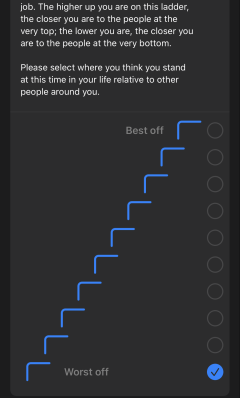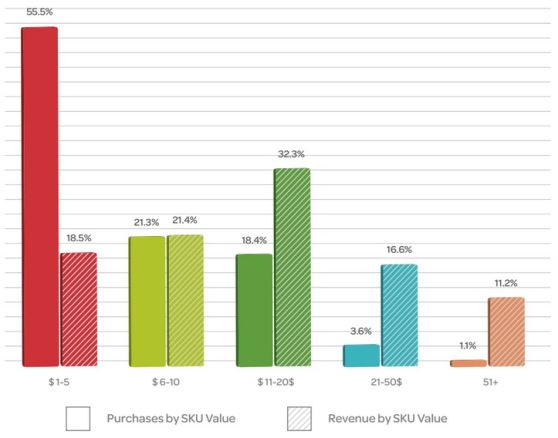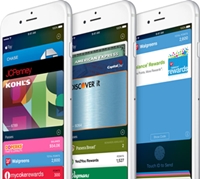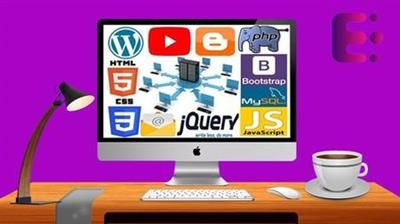From a developer's perspective, I still prefer Android over iOS and Windows Phone – Tim Messerschmidt
In today's installment of our "Three Questions for the Speaker" series, we were interviewed by Tim Messerschmidt who holds the position of Developer Evangelist at Paypal Developer Network. Tim will tell us about his sympathies in the field of mobile operating systems and share with us his opinions, on the new "smart devices".
Grzegorz Kozubowski: Which system do you think is the best: Android, iOS or maybe Windows Phone? Why?
Tim Messerschmidt: From a developer's perspective, I prefer Android over iOS and Windows Phone all the time. It is the most versatile platform, allowing deeper interactions with the operating system and also supports devices with exciting new form factors, such as smartwatches, TVs and even glasses.
In contrast, from a user perspective, I don't see much difference between the three major players. Three things speak for themselves. First, both Apple, Microsoft and Google provide us with great user experience and well-made devices.
Second, most major companies now publish their apps on all three platforms. Thirdly, and finally, developers have noticed how important the quality of apps is for creating their own brand image, so the apps for each platform are of similar high quality.
Do you think new devices like Google Glass or Smart Watch will become as popular as smartphones and tablets?
As a daily user of the Pebble smartwatch and the Withings Pulse activity monitor, I see very great potential for new "smart devices" that help streamline users' lives.
Personally, I prefer devices that interact with others (like Google Glass and Pebble using a smatphone as a source of connectivity), rather than forcing a completely isolated experience. Using techniques such as Bluetooth Low Energy, smartphones are slowly beginning to command the operation of a wide variety of devices and help ensure that all relevant applications and functionality are available anytime, anywhere.
Tim, you will give a talk at Development Day, at Mobile Trends Conference 2021. Please tell us in brief what your speech will be about?
During my talk, "Concrete Identity" ("Concrete Identity"), I will address the important issue of user identity on the Internet, and talk about a variety of techniques(both soft and hardware) that help create a better experience for the user. Millions of people create their accounts with services such as PayPal, Google, Twitter and Facebook. These are valuable data sources that help interact with users and guarantee mobile freedom of use.
I'll delve into the differences between the techniques and highlight best practices that will help you establish the right identity settings (identity providers) on your site. Key here is a concept referred to as "concrete identity" (concrete identity), which details valuable real world data.
Tim Messerschmidt
Tim Messerschmidt has many years of experience in mobile and web development for Android. He puts his experience to use at Paypal Developer Network, where he works as a Developer Evangelist. Tim loves startups – he is a mentor for companies such as Seedcamp, Wayra, Startup Wise Guys and Rockstart. In his spare time, he organizes and conducts training courses dealing with various Android issues.
He is also the author of a chapter on Android in the book Mobile Developer's Guide to the Galaxy and many articles published in Web magazine, among others&Mobile Developer". His continuous work in this environment and the fact that Tim's app has been downloaded from Google Play more than 300,000 times makes him an offbeat source of knowledge, able to answer most questions related to the mobile industry.
English version:
Grzegorz Kozubowski: Which operational system, in your opinion, is the best? Android, iOS or maybe Windows Phone? Why?
Tim Messerschmidt: From a developer’s perspective I still prefer Android over iOS and Windows Phone. It’s the most versatile platform, allows applications the deepest interaction with the OS and features exciting new form factors like smartwatches, TVs and even glasses.
From an end user’s perspective I don’t see too much of a difference between all three major players: Apple, Microsoft and Google managed to provide great experiences and well manufactured devices. Most major players publish their applications on all three platforms and app quality is getting better as developer’s learned that it’s crucial for promoting their own brand.
Do you think that new types of devices, like Google Glass or Smart Watches, will become as popular as smartphones and tablets?
Finding myself using a Pebble smartwatch and a Withings Pulse on a daily basis I absolutely see much potential for new smart devices that help to enhance a user’s life.
Personally I do favor devices that work seamlessly together (like Google Glass and the Pebble using the smartphone as source for connectivity) instead of trying to push a completely isolated experience. Through techniques like Bluetooth Low Energy the smartphone is slowly starting to orchestrate the user’s devices and helps to ensure that all important applications or functionalities are available everywhere.
And, lastly, please tell me briefly about the subject of your lecture during Mobile Trends Conference 2021.
In my speech „Concrete Identity” I will be going into the importance of the user’s identity in the internet and a variety of techniques (both soft- and hardware wise) that help to facilitate providing a great user experience. Millions of people have accounts with services like PayPal, Google, Twitter and Facebook – valuable sources of data that help to interact with users and ensure mobile ease of use.
I will be going into differences of these techniques and highlight best practices that help with choosing the right set of identity providers for your service. Key to this is a concept called concrete identity which defines valuable real world data.
Tim Messerschmidt
As a long time mobile and web developer specializing in Android, Tim channels his knowledge and experience as a Developer Evangelist across Europe for PayPal's Developer Network. Tim is very passionate about startups, and serves as a mentor of Seedcamp, Wayra, Startup Wise Guys & Rockstart. In his spare time, he leads and creates training classes in all sorts of Android related topics, and is the author of the Android chapter of the Mobile Developer’s Guide to the Galaxy, as well as numerous articles published in magazines like Web&Mobile Developer.
His ongoing work on this topic and having an app in Google’s Play Store with more than 300,000 downloads makes him a great resource for mobile related questions.



